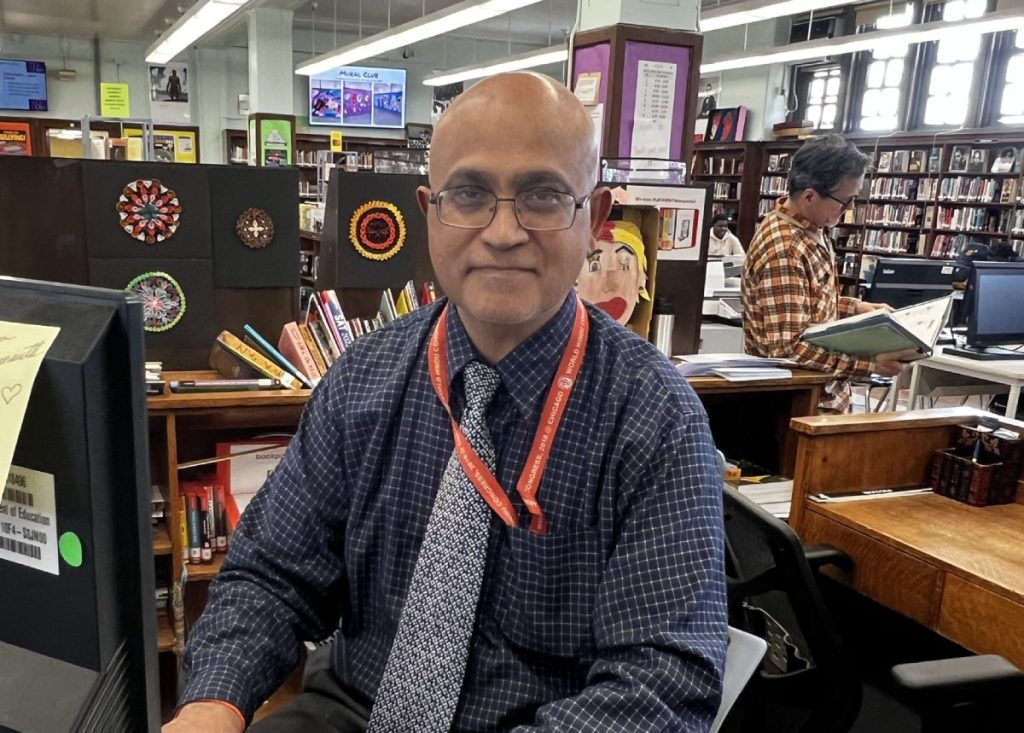A lawyer has filed a petition before the Guyana High Court for urgent hearing relating to the PNC/R Congress slated for June 28 to 30. The petitioner seeks an injunction to stop the Congress. The party’s leadership election is slated for Sunday. The petitioner threads in an area where virtually no one in Guyana did before – the court’s intervention in the internal affairs of a political party (supposedly a private or voluntary organization) or a private organization. Does the court have jurisdiction? It is now known which judge will hear the matter. But if the court (the judge) accepts jurisdiction to hear the case and don’t throw it out, it will make news internationally. It will be the talk of the town regionally and in Commonwealth countries that follow English laws. The judge will become instantly famous similar to Justice Sandil Kissoon in his rulings on the Exxon-EPA insurance case and the GTU striking teachers matter.
The crux of the matter will be whether the court has jurisdiction to intervene in the internal workings of a political party. Political leaders view parties as private, voluntary organizations that are not subjected to the court’s jurisdiction. That is foolishness. So if an organization lacks accountability and when its leaders are queried, the questioner is expelled, the person has no recourse to justice via the court. Similarly, if a party rigs its internal elections, a complaint leveled against political parties, does the court not have jurisdiction to right those egregious wrongs or violations of rights to vote in an organization? In a democracy, as in USA and in India, if rights are violated within an organization, the person seeks judicial intervention. Indian courts ruled they have jurisdiction in the operations of all organizations or societies or political parties. In the USA, some one hundred years ago, the court claimed jurisdiction to examine the internal processes and operations of political parties and ordered parties to behave transparently and democratically.
A political party when elected becomes the government (the state) which is subjected to the jurisdiction of the court. The party or coalition becomes the government. The opposition or opposing parties are arms of the government (state). If the government is subjected to the jurisdiction, it is idiotic to say only the government is subjected to the court’s intervention and not the party.
No organization, least of all a political party, wants the public or a court to inquire into its operations. They don’t want a court to assume jurisdiction over how it is run and how it conducts internal elections (which heretofore have been flawed). If the judge were to examine precedent setting cases in USA and India and in other democratic countries, he or she will deliver a most erudite ruling on jurisdiction of the matter in the petition. Ditto on substance of the case! The rulings will be earth shattering. The diaspora is taking a keen interest in this case.
